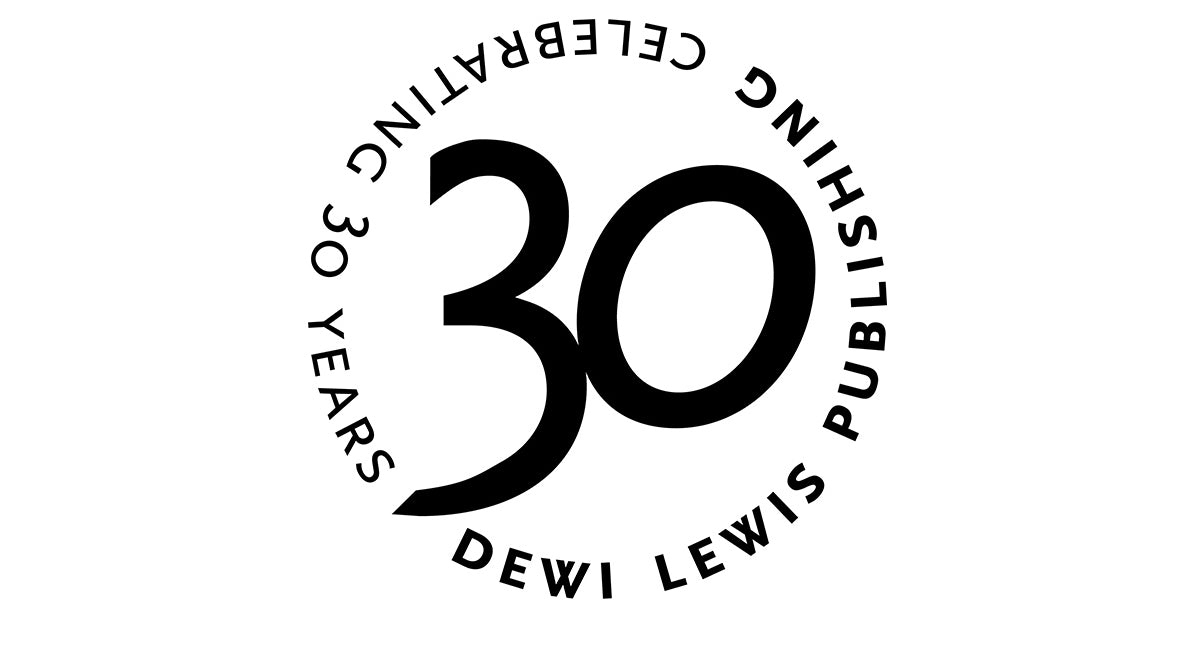FREE UK SHIPPING ON ORDERS ABOVE £35.00
-
Our Books
Special Offers
We will shortly introduce a special monthly offer. In the meantime check out our current offers.
FREE SHIPPING IN THE UK
- Rare/Out Of Print
- Special Editions
-
Info
- Our USA Website
- The Catalogue
- BLACK FRIDAY
-
- Our Books
- Rare/Out Of Print
- Special Editions
- Info
- Our USA Website
- The Catalogue
- BLACK FRIDAY
-
Special Offers
We will shortly introduce a special monthly offer. In the meantime check out our current offers.
FREE SHIPPING IN THE UK






